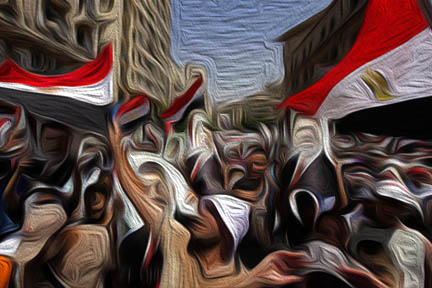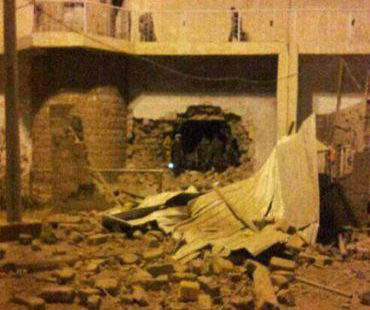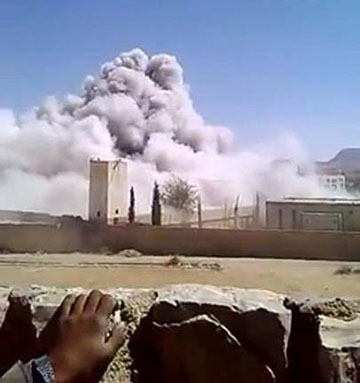
by Nathan J. Brown, The Immanent Frame, March 11, 2014
For the past few years, much of the scholarly literature on Islamist movements has danced around the “participation/moderation†idea: that participation in democratic politics tends to moderate the ideology and positions of Islamists. I choose my term deliberately. When I say “danced around†I do not mean that scholars have endorsed its automatic applicability; far from it. Most have eschewed the vague term “moderation,†but even those who have used it have tried to give it specificity. And they have noted that the “participation†in question has generally been in non-democratic systems, so that a generalization culled from scholarship on political party behavior in democratic electoral systems (one that has plenty of qualifications and exceptions attached) is unlikely to be transferable to elections in which the existing regime will not allow itself to lose.
But while avoiding any simple “participation/moderation†argument, scholars were drawn to the idea that the ideology and behavior of Islamist movements could shift in response to changes in the political environment in which they operated. In short, they directed their attention away from how Islamists changed politics and instead focused on how politics changes Islamists. Continue reading The future of Egyptian democracy: Political Islam becomes less political






